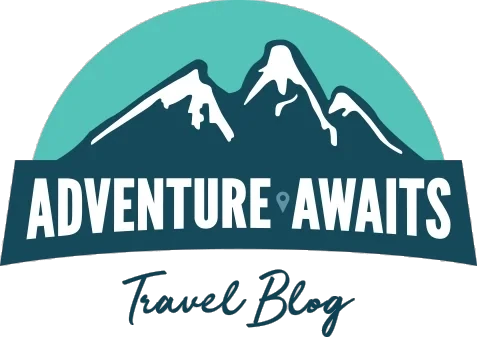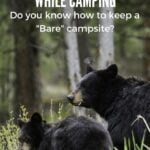Whether you are a seasoned camper or a new one, many people don’t fully know the Do’s and Don’ts when it comes to wildlife safety while camping. As humans, we need to be careful of our practices, so that we don’t impact the wildlife and their natural habitat, as well as keeping all members of our own family safe.
We’ve created this quiz to help you and your family learn about wildlife safety while camping and how to have a “bare” campsite this season. Are you ready?
1. If you’re camping, you’re agreeing to store all food and food-related items when not in use in:
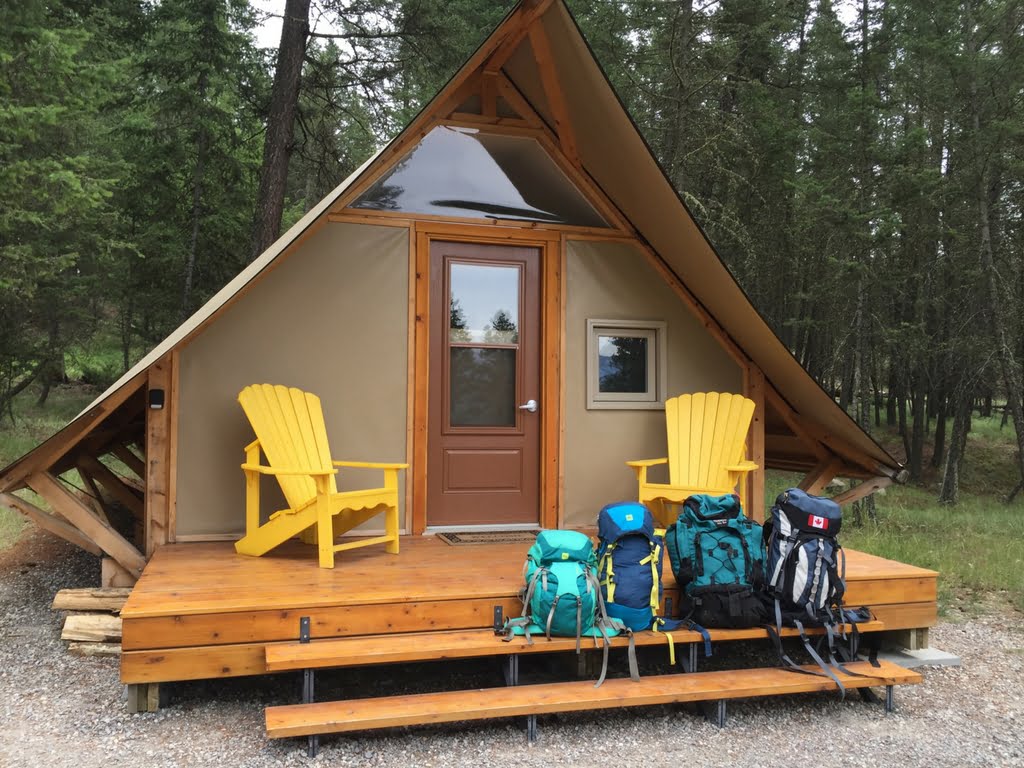 A) Your tent, tent-trailer or oTENTik
A) Your tent, tent-trailer or oTENTik
B) A hard-sided vehicle, trailer or motorhome
C) Campground food storage lockers
D) Your sleeping bag
Answer: B and C. You should store all food and food-related items in a hard-sided vehicle, trailer, motor home or in the campground food storage lockers whenever these items are not in use. Like at night while you’re sleeping, or when you leave your site for an adventure.
2. Which of the following items may attract wildlife to your campsite?
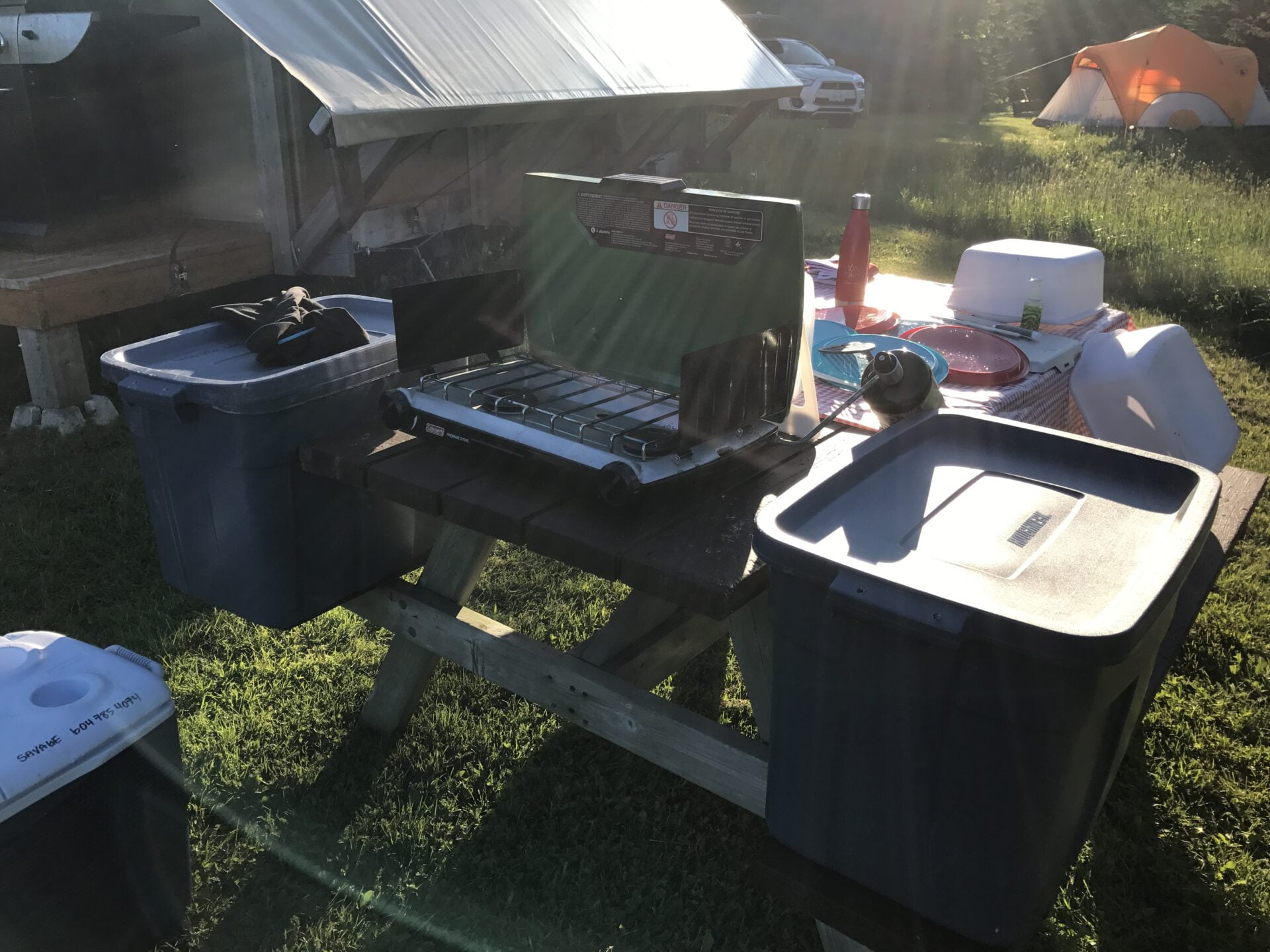 A) A good book
A) A good book
B) Food, open or closed
C) Garbage and wrappings
D) Dishes and pots
E) Pet food and bowls
F) Bottles and cans
G) Any item associated with food preparation
Answer: B, C, D, E, F and G. Did you know that anything that has an odour or could be considered food may attract wildlife to your campsite? You never want to leave any of the above items unattended, except for your book; we don’t know what bears are reading these days.
3. When people leave their food out, bears and other species can lose their fear of humans?
A) True
B) False
Answer: True. Once an animal gets used to human food, it becomes a risk to public safety and may be destroyed. By keeping a “bare” campsite, you’re playing an important part in preventing the creation of “problem” animals.
4. If you decide to take your four-legged friend camping with you they should:
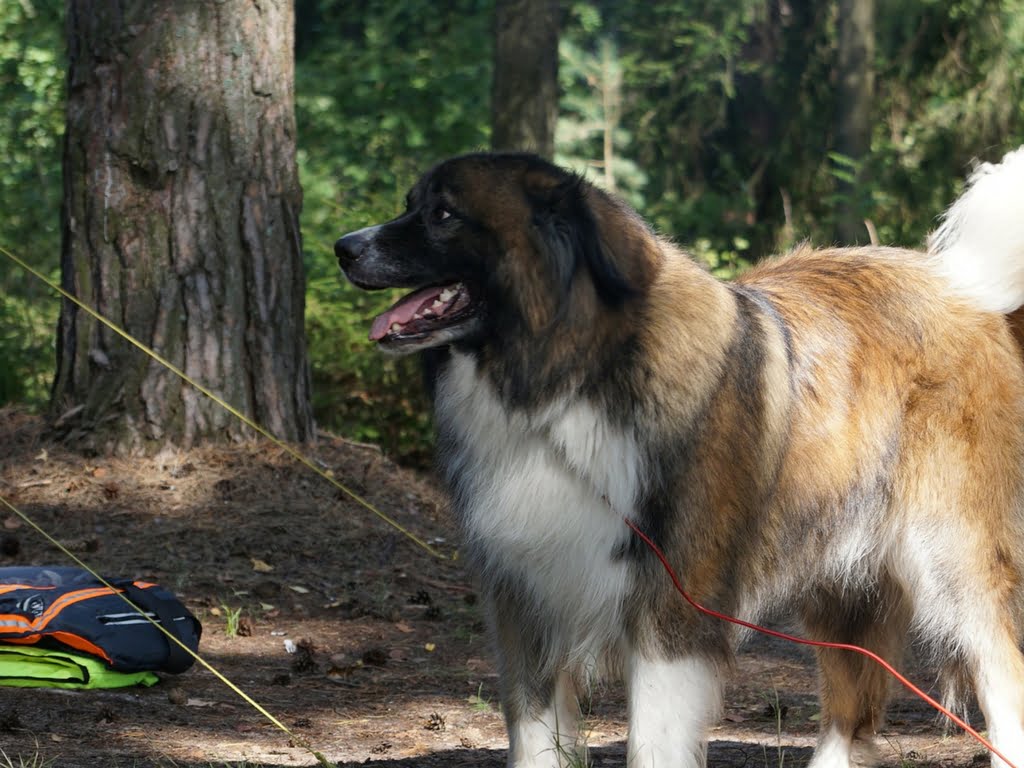 A) Be allowed to roam free
A) Be allowed to roam free
B) Sleep outside under the stars
C) Be kept on a leash at all times
Answer: C. Pets can attract carnivores such as bears, cougars, wolves or coyotes and may be attacked. Don’t leave your pets unattended outside – especially at night and please keep them on a leash at all times. Many campgrounds have strict rules that pets must be tied up in your campsite, so bring a long rope or tether, which will give your pet some space to roam, while still following the rules.
5. If you come back to your campsite and items that you left unattended are missing, where did they go?
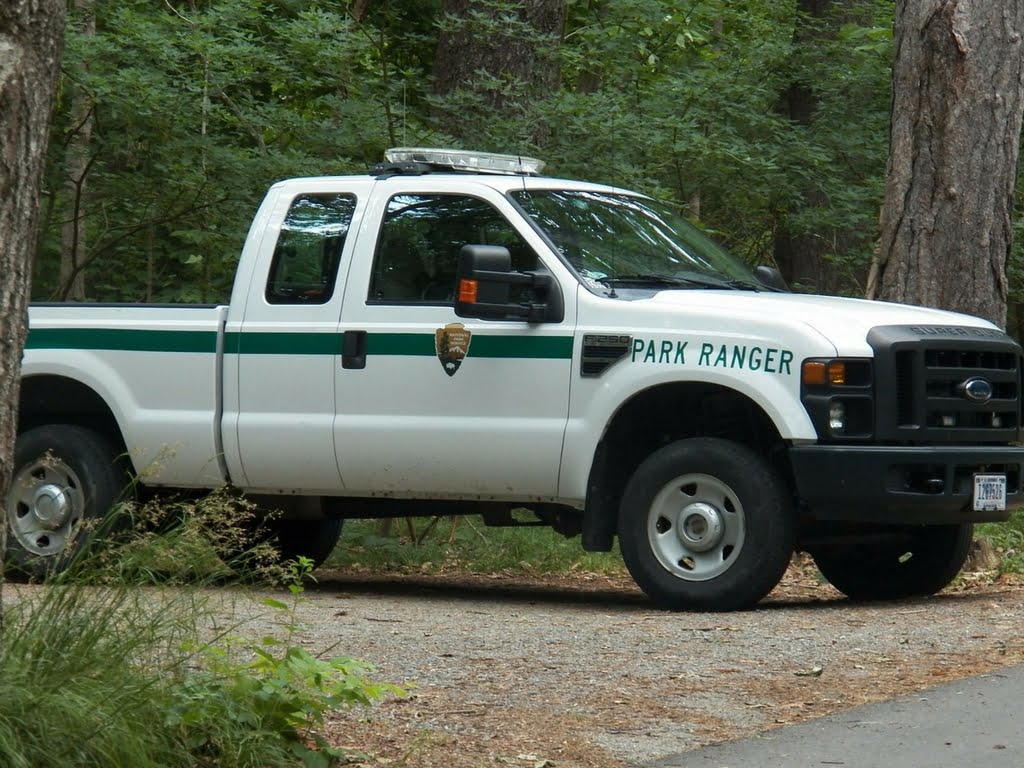 A) The bears are redecorating and stole it
A) The bears are redecorating and stole it
B) Your camping neighbour needed to borrow it but will bring it right back
C) Park staff that regularly patrols the campground have it
Answer: Park staff will be patrolling the campground regularly to ensure that campers have not left anything out at their site that could attract wildlife. If you come back to your site and items that you have left unattended are missing, look for a written warning left by campgrounds staff. It contains further instructions.
WARNING: Did you know that campers who fail to comply with the requirement of the “Bare Campsite” program may have their camping permit cancelled, with no refund and may be charged under the Canada National Parks Act and Regulations.
6. If you encounter wildlife at any time what should you do?
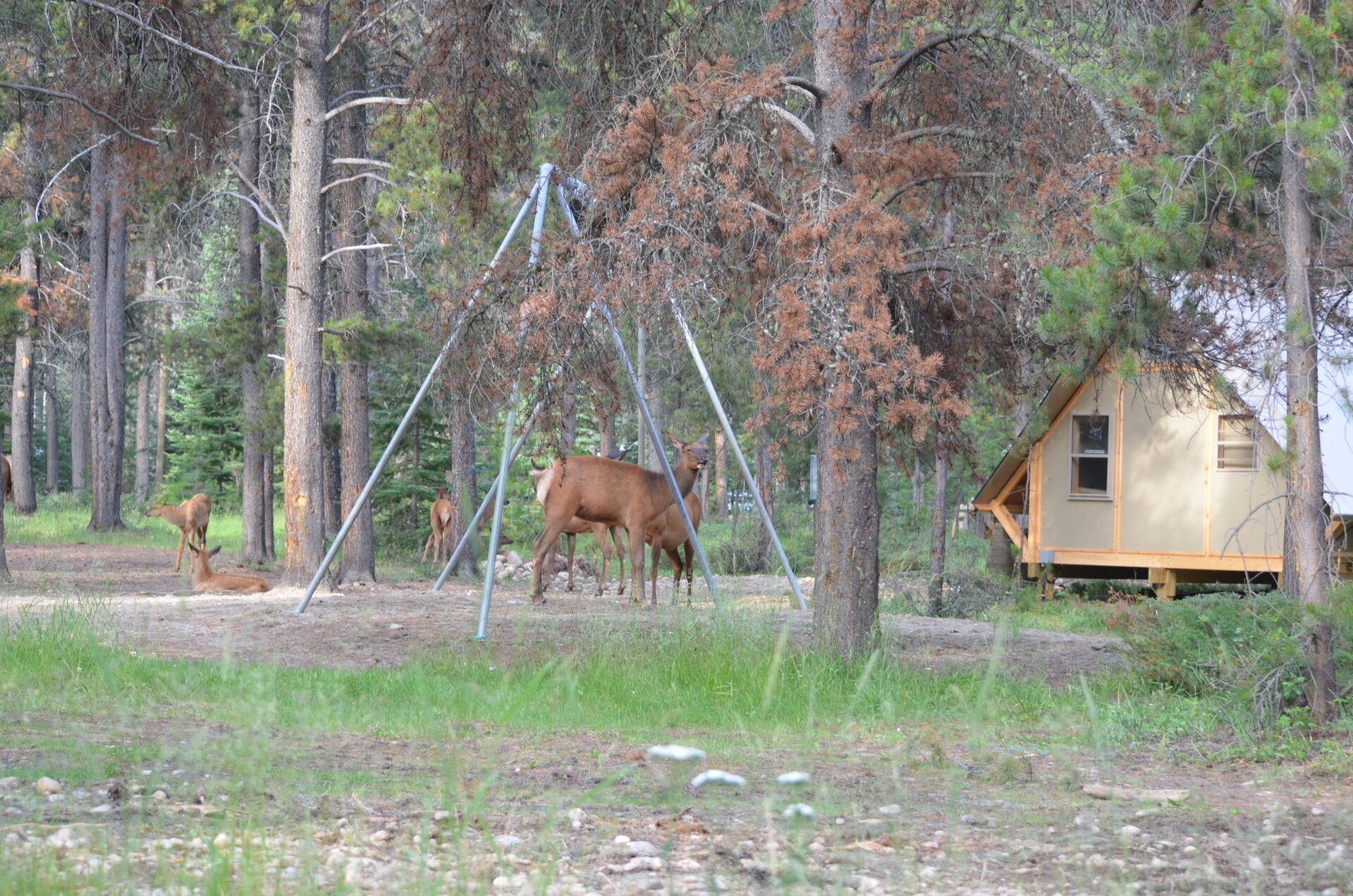 A) Ask them to join your for breakfast
A) Ask them to join your for breakfast
B) Get as close as you can
C) Try to take it home as a pet
Answer: None of the above. Seeing wild animals in the park can be a thrilling experience and rewarding but remember: All wild animals are potentially dangerous. Never approach, feed or entice wildlife of any kind regardless of size. Keep a safe viewing distance at all times (30-100 meters) report all bear, cougar, wolf and coyote sighting to park staff immediately.
How did you do on the quiz? Even if you got some answers wrong, that’s okay, now you know how to help keep the wildlife safe and your family safe while camping too!
Check out some more camping articles!
Best Campsites in British Columbia
Article Written By: Sasha Myers
